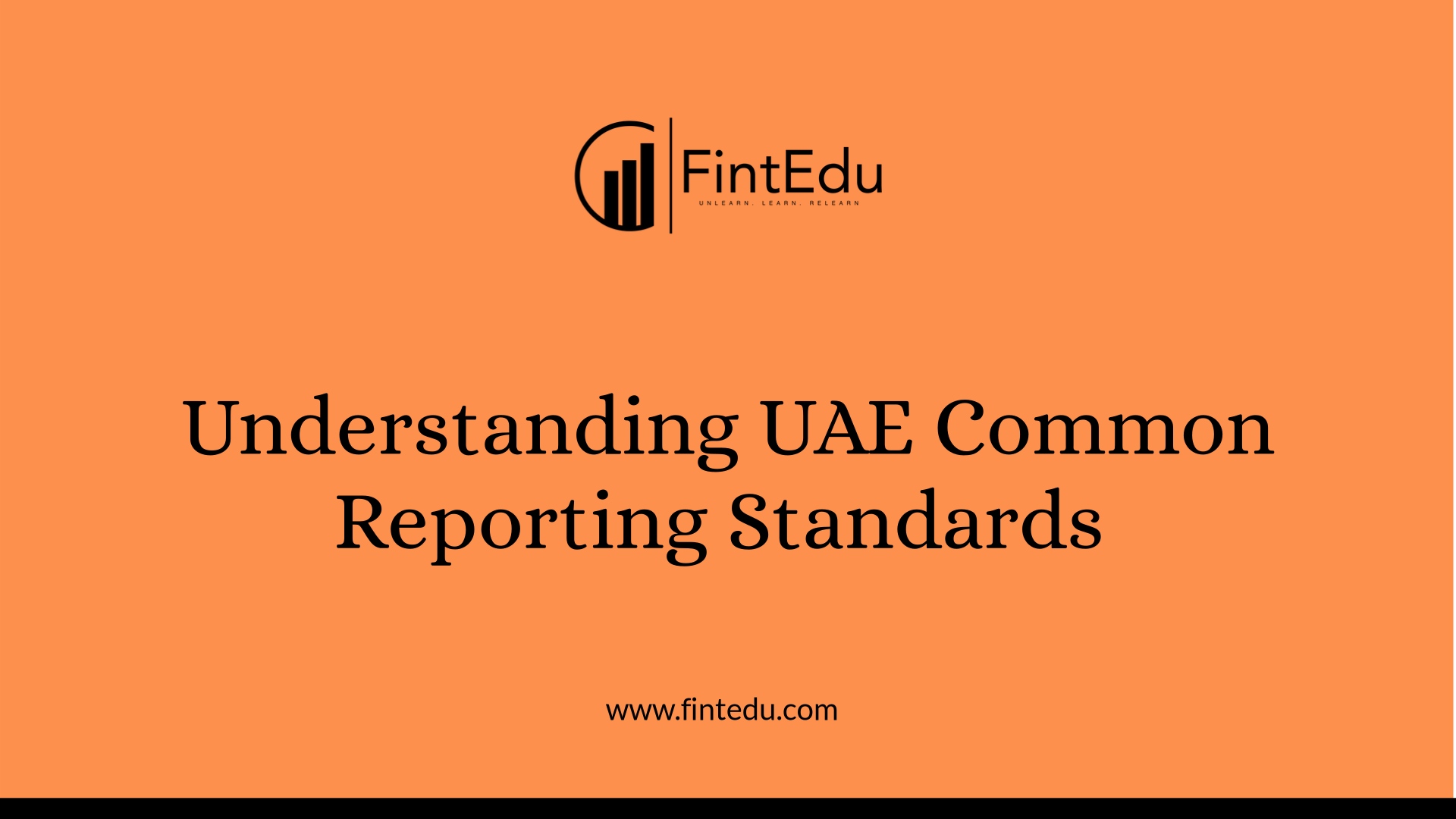LISTEN TO THIS ARTICLE
In line with its commitment to the automatic exchange of financial account information, the UAE implemented the OECD’s Common Reporting Standard (CRS) regime in 2018. Under this regime, the reporting UAE Financial Institutions (FIs) are required to annually report specific financial account information to the Regulator or the UAE Ministry of Finance (MoF), facilitating data exchange with CRS participating jurisdictions.
This write-up provides an overview of how the UAE applies the CRS.
Who is required to report?
The UAE Reporting FIs, categorized as custodial institutions, depository institutions, investment entities, and specified insurance companies, encompassing various financial institutions such as banks, custodians, investment traders, and life insurance companies are subject to CRS.
Specific entities such as Government entity, international organisation, central bank, pension or retirement funds or exempt trusts are not treated as reportable persons for the purpose of CRS.
It is advisable for entities operating in the UAE to identify their reporting obligations under CRS (please refer to the flowchart for further details)
Whose information is to be reported?
The reporting UAE FIs are required to identify financial accounts held by a reportable person (or controlling person - Controlling more than 25% of the entity or having control and significant influence through other means ) in case of passive non-financial entity (NFE)). Reportable person is a tax resident of a jurisdiction other than the US or the UAE. It is important to note that the FATCA ( Foreign Account Tax Compliance Act of the U.S. ) reporting is restricted to US tax residents and CRS is for tax residents of participating jurisdictions. Please refer to the list of participating jurisdictions.
How to identify Reportable Accounts?
The UAE Reporting FIs are required to apply due diligence procedures and collect documentation to identify if a financial account is a CRS reportable account. For this purpose, account holders are required to provide CRS self-certification forms along with documentary evidence to the FIs. Such forms disclose name, address, jurisdiction of tax residence, information of controlling persons, etc.
It is the responsibility of the Reporting FIs to devise and implement effective systems to accurately identify the reportable accounts and report the desired information.
What is to be reported?
A Reporting FIs must collect and report specified information about the Reportable Accounts to the UAE MoF. This includes:
- Name, address, jurisdiction of tax residence, tax identification number, date and place of birth (in case of an individual);
- Account number, account balance; and
- Total gross proceeds from sale of financial assets, income from assets held (interest, dividend) credited to the account.
Please refer to the Guidance Note and Circular for detailed guidance on above.
Obligations of Reporting Entity:
Reporting UAE FIs are obligated to register with their regulator or the UAE MoF. Other obligations include performing due diligence on financial accounts, annual reporting of reportable accounts, and continuous monitoring of changes in account holder’s CRS status.
The CRS reporting deadline for Reporting UAE FIs is June 30 of the year following each reporting period. If there are no reportable accounts, Nil return must be submitted. Information so gathered is then exchanged by the UAE MoF with other partner jurisdictions.
Conclusion:
Reporting under CRS is mandatory and attracts stringent penalties on failure to report. Besides, identification of reportable accounts and their continuous monitoring requires effective technology in place. Investment entities, fund managers, family offices of ultra-high net worth individuals having presence in the UAE as well we other jurisdictions must evaluate their compliance under the CRS regulations.
Disclaimer: Content posted is for informational and knowledge sharing purposes only, and is not intended to be a substitute for professional advice related to tax, finance or accounting. The view/interpretation of the publisher is based on the available Law, guidelines and information. Each reader should take due professional care before you act after reading the contents of that article/post. No warranty whatsoever is made that any of the articles are accurate and is not intended to provide, and should not be relied on for tax or accounting advice.
Contributor
Related Posts

Qatar, 05 January, 2026: The General Tax Authority (GTA) has announced that the tax return f...
Read More
Bahrain, 05 January, 2026: Bahrain’s government has unveiled a comprehensive fiscal reform ...
Read More
Oman, 05 January, 2026: The Tax Authority has announced the postponement of the Digital Tax Sta...
Read More